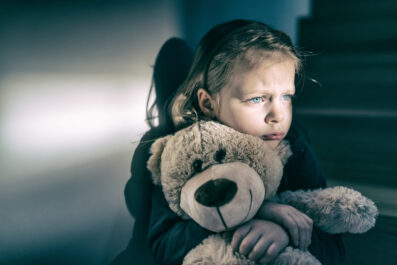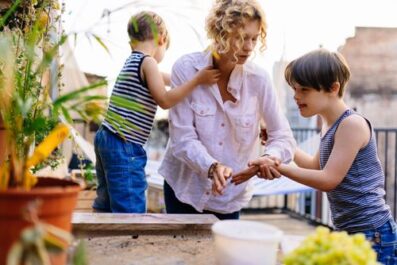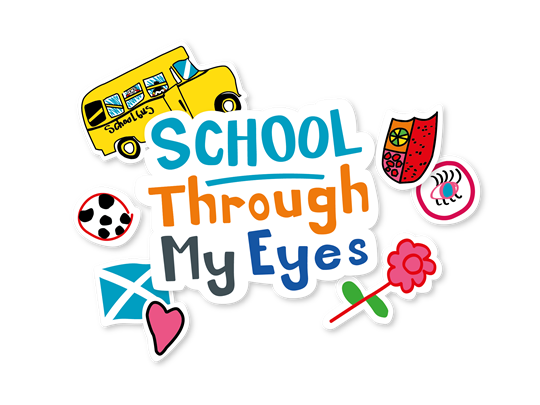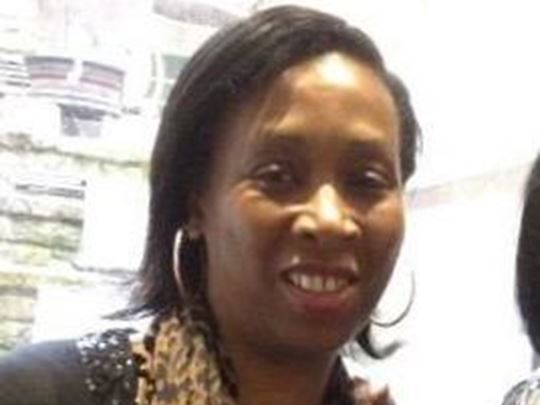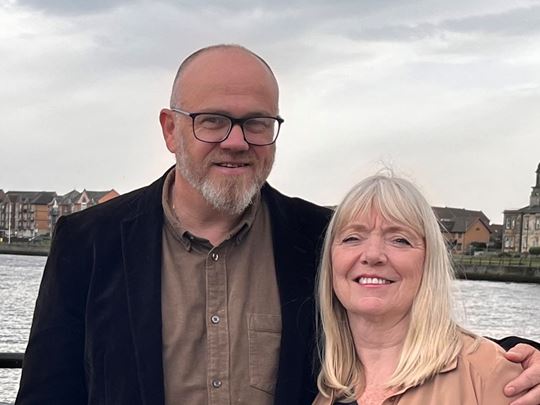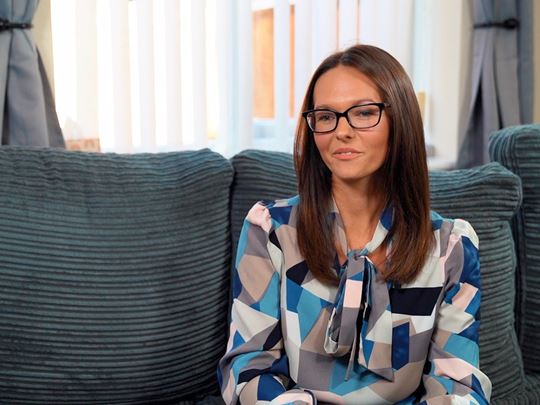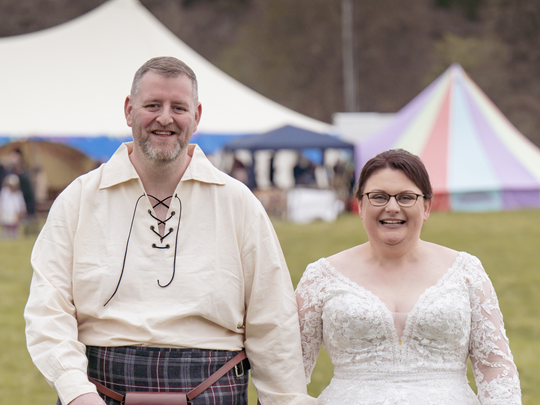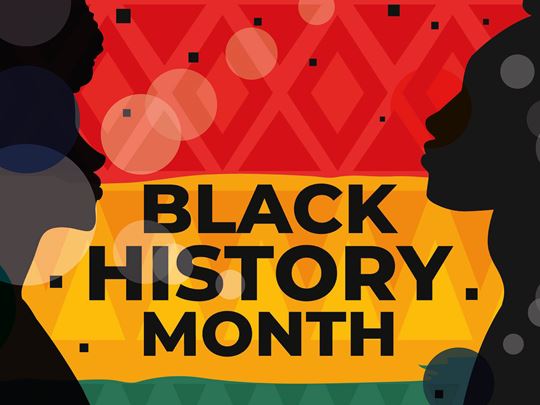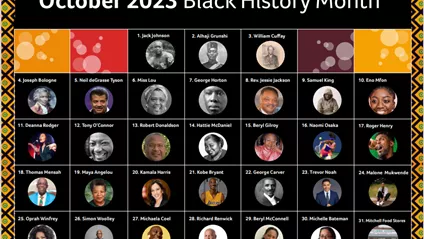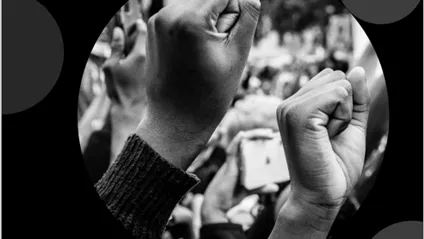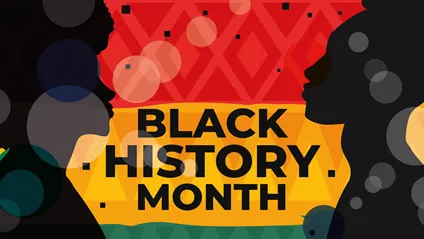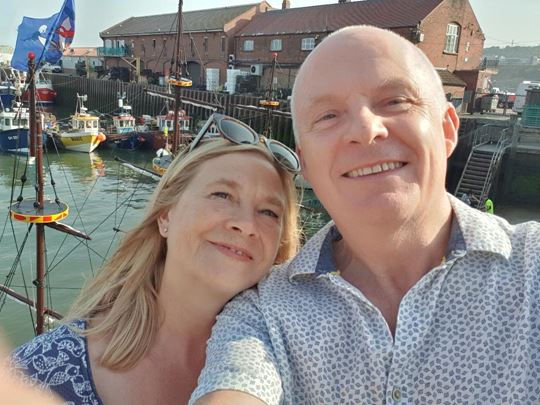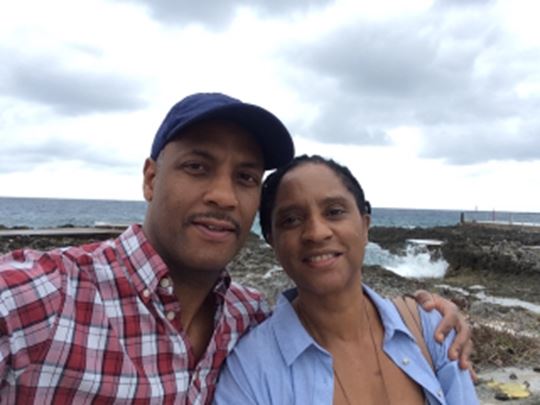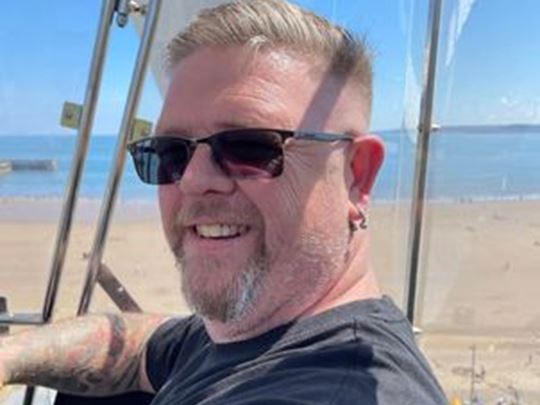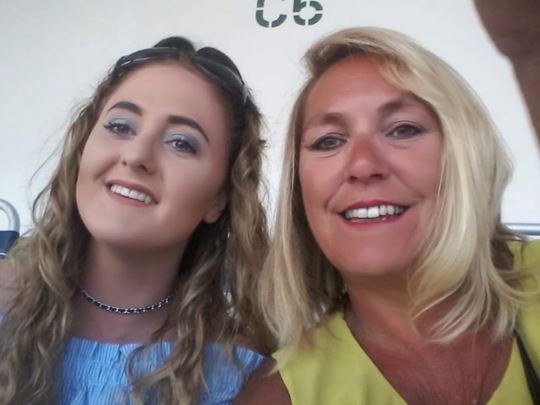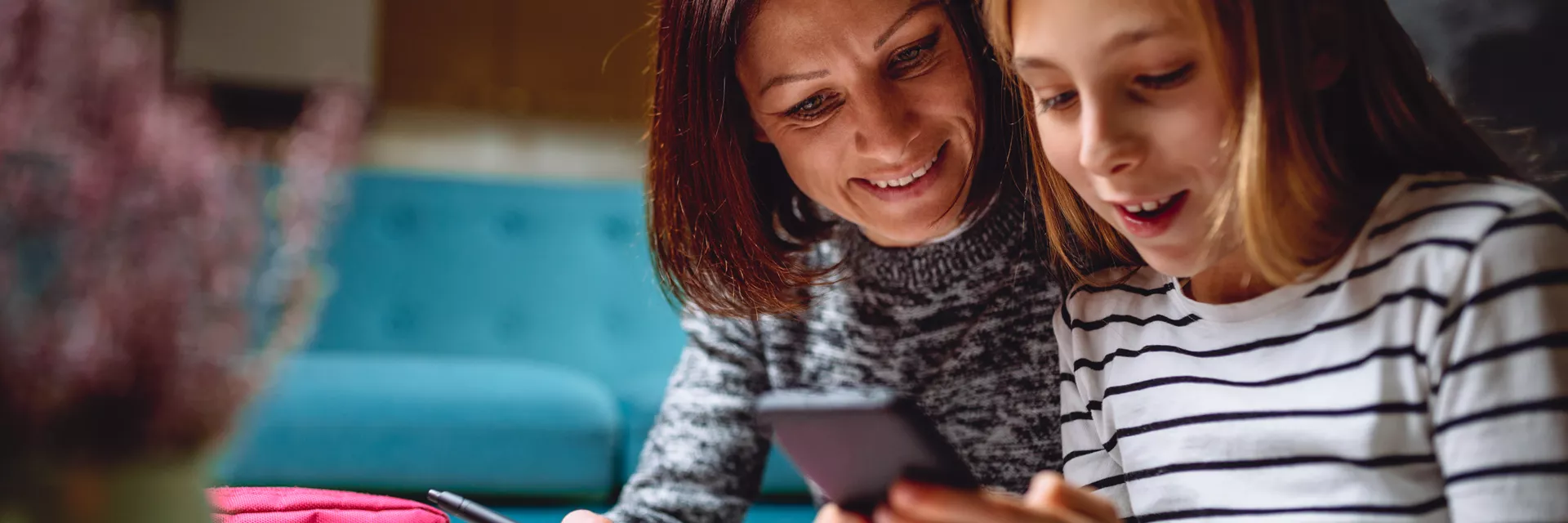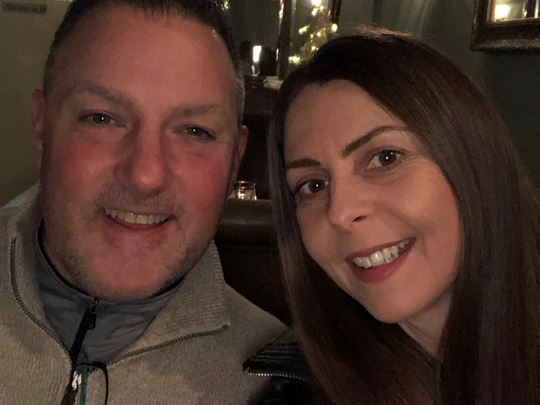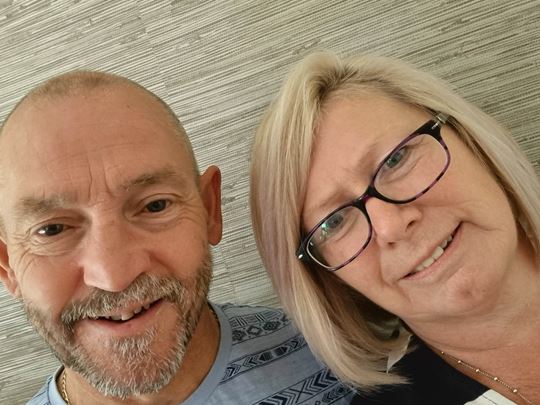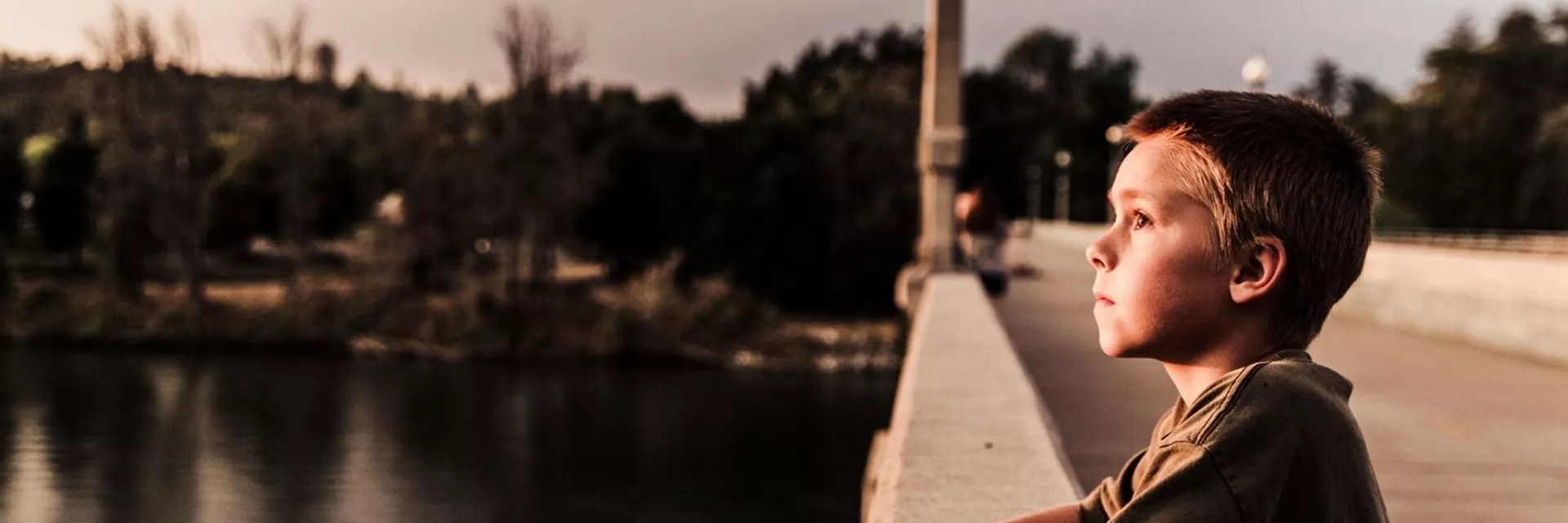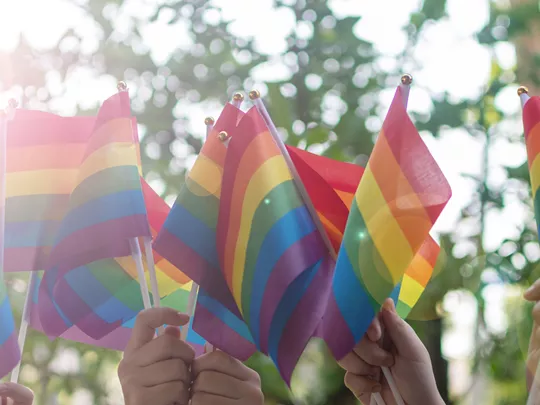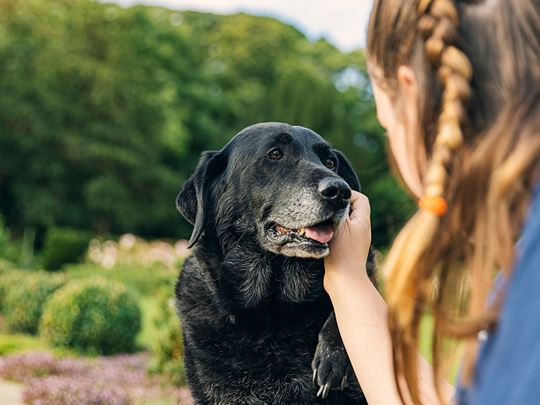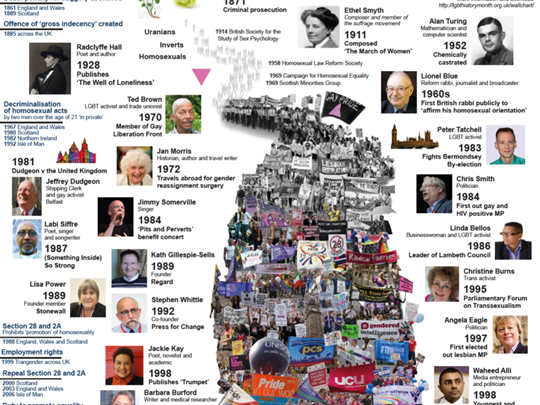The Need for Foster Parents is Growing: How You Can Help
There is currently a shortage of foster parents in the UK, and it’s having a profound impact on children in care.
Some children are separated from their siblings and have no choice but to live far from the community they know well, while others experience instability and school disruption. This puts their well-being and outcomes at risk.
It doesn’t have to be this way. With your help, we can provide more children with the foster homes they need to rebuild their lives, do well at school, and reach for their wildest dreams.
From the statistics and impact on children in care to what you can do to help, join us as we explore the shortage of foster parents in the UK.
Why are foster parents needed in the UK?
According to The Fostering Network, almost 70,000 children are living with foster families in the UK. Each year, around 36,000 children move into care, but the number of foster parents available to care for these children is decreasing. This has resulted in a shortfall of more than 6,000 foster parents.
We urgently need more people to become foster parents to help prevent the gap between the number of children entering care and the number of available foster parents from increasing any further.
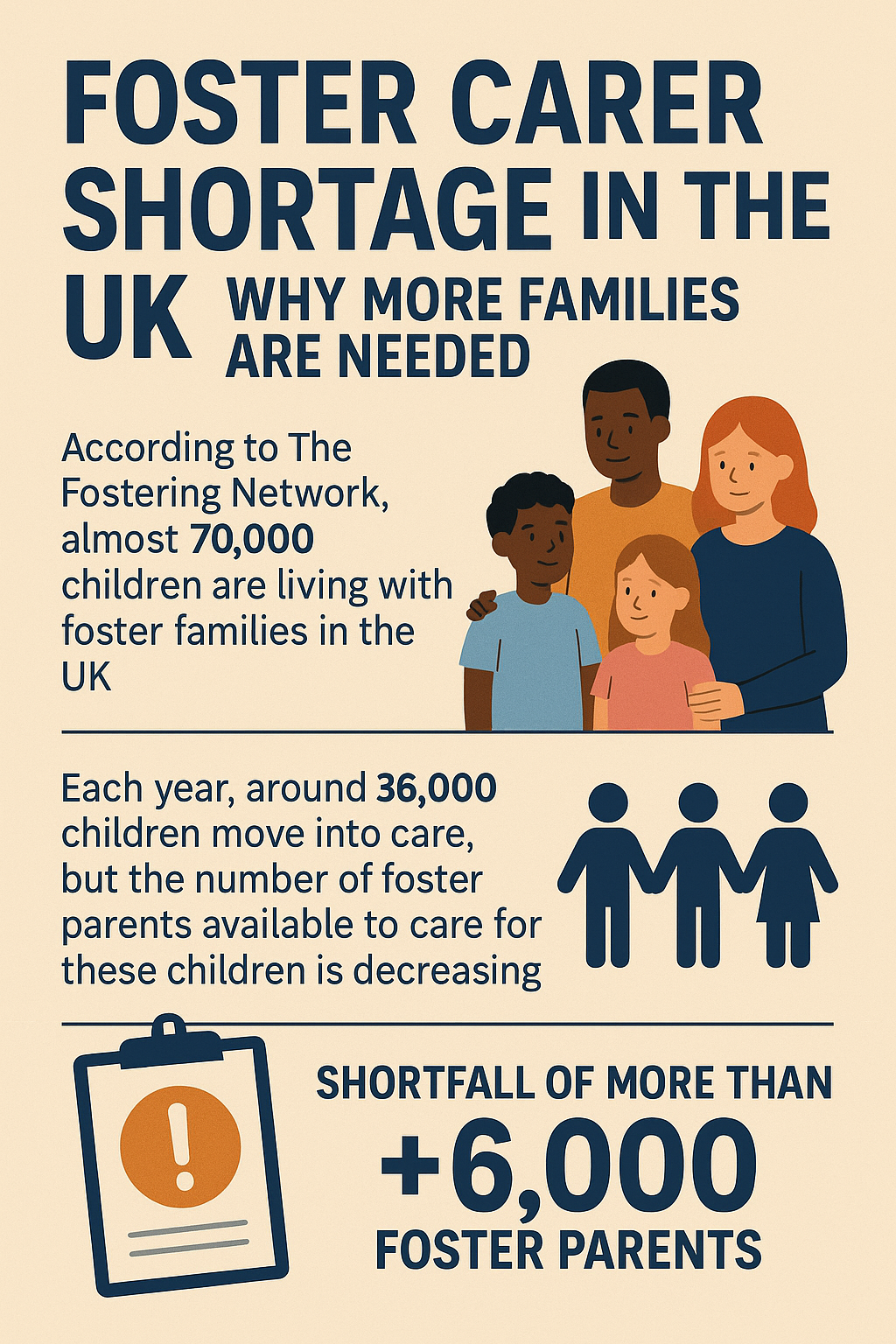
How does the foster parent shortage impact children?
If it’s decided that a child needs foster care, but there’s a shortage of foster families in their area, they may experience one or more of the following situations:
- Sibling separation: They might be separated from their brothers and sisters, and in some cases, could live far away from them, making family time arrangements more complicated to organise.
- Living further away: They might live with a foster family far away from their home and the community they know.
- A lack of stability: They might have to move frequently until a long-term foster family who understands their needs is found. This can have a huge impact on their well-being, healing, and sense of belonging.
- School disruption: If a foster child experiences frequent moves, it can impact their progress at school.
- Living in residential care: Sometimes, children may have to live in residential care if there isn’t a suitable foster home for them.
How you can help
The most common reasons a child moves into care are abuse or neglect, and many will have experienced an adverse childhood experience of some kind.
These children and young people need a loving home, with foster parents who provide stability and help them feel safe, so they have a chance to heal from their trauma and work towards a hopeful future.
If you have the compassion, patience and desire to change the lives of children and young people, why not consider fostering?
“It’s the most rewarding thing I’ve ever done.”
Our foster parents often tell us how rewarding it is to see the growth and development of children in their care. Below, foster parent Steve, who swapped a career in retail for fostering, shares why he enjoys the fostering role:
“I spent so many years focused on making money, but this—this is what truly matters. It’s about giving back, creating stability, and shaping the future for these kids. It’s the most rewarding thing I’ve ever done.”
“You’re not just changing one child’s life—you’re changing an entire future, their family, their opportunities. That impact lasts for generations.”
“To me, fostering isn’t just about giving a child a roof over their head. It’s about reprogramming years of trauma, teaching them how to trust, how to love, how to believe in themselves. I believe there is nothing more special or fulfilling than that, we just need more people to realise they can do the same.”
Next, we take a closer look at the role of a foster parent and how to become one, including the support and training you’ll receive when you foster with Fostering People.
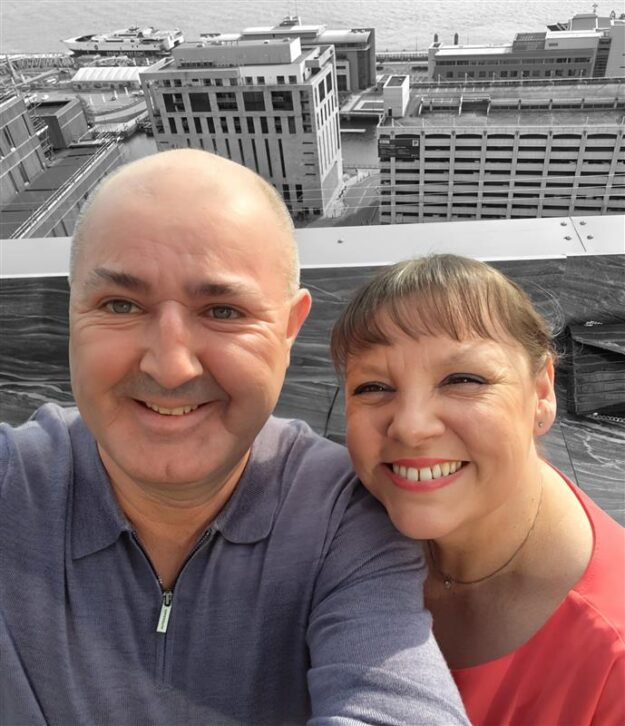
What’s the role of a foster parent?
The role of a foster parent is to step in and provide a safe, stable and nurturing home for children and young people, when, for whatever reason, their own families are unable to do so themselves.
Fostering is more than just providing physical safety, it’s about caring for a child’s whole well-being and supporting their emotional, behavioural, educational, health, and social needs.
From keeping daily records and attending meetings to advocating for your foster child’s education and medical needs, you’ll care for children as though they are your own, helping them build their confidence, explore their interests, and realise their full potential.
And, at Fostering People, you won’t do it alone. Although we operate across the UK, our social workers live and work in the communities they serve, and our local professional teams are always on hand to support you.
Learn how to become a foster parent with our Ofsted-rated Outstanding fostering agency below.
How to become a foster parent
Becoming a foster parent is probably less complicated than you may think. Let’s answer some of the most common questions about how to become a foster parent, so you know what to expect.
What do I need to be a foster parent?
To begin your fostering journey with Fostering People, there are just four initial requirements:
- You must be 21 or over.
- You must have a spare bedroom for a child or young person to call their own.
- You must have the legal right to live and work in the UK.
- You must have compassion, patience, and a desire to make a difference in the lives of vulnerable children and young people.
We welcome applicants from all walks of life. Your race, religion, culture, gender identity, relationship status, or sexual orientation will not prevent you from fostering.
What qualifications do I need to be a foster parent?
You don’t need any qualifications or experience to become a foster parent because at Fostering People, you’ll receive ongoing training that’ll prepare you for every stage of your fostering journey.
However, if you have worked in a role which has helped you gain transferable skills relevant to the fostering role, it’s worth highlighting in your application.
For example, one of our current foster parents, Katie, is a former probation officer. Here she shares why she chose to switch careers to fostering:
“I was just looking for a different career, and when I came across fostering, I thought, ‘Oh, that would be interesting,’ because I’d had so many clients who’d been through the care system. I always felt like I was working with them too late in the day as a probation officer.”
“There are a lot of similarities in the sort of struggles and trauma backgrounds between the adults I worked with and children in care. I thought, ‘If I can just make a difference to one child before they become an adult and before they go to prison, it’s worth a go’”.
How will I afford to foster?
When you foster with Fostering People, you’ll receive a generous fostering allowance that will help cover the costs of caring for a child while also rewarding you for your hard work and dedication. What’s more is that due to Qualifying Care Relief, it’s typically tax-free.
You’ll also receive additional perks such as access to our rewards platform with exclusive discounts and offers for our foster parents.
Check out our financial calculator to see how much you could earn.
How do I start the fostering process?
To begin the fostering process, call us on 0800 077 8159 or submit an online enquiry form, and a member of our friendly team will be in touch with you. They’ll provide more details about fostering, ensure you meet the initial requirements, and answer any questions you may have. If you’d like to move forward, here’s what will happen next:
- Home visit: A member of our team will visit you at home to discuss fostering in more detail and find out more about you. If you’re ready to apply, you’ll complete an application form.
- Assessment: Once your application is accepted, we’ll assign an assessing social worker to complete your fostering assessment. They’ll visit you around eight times to gather information about your life history, work experience, family and more, to create your Form F report.
- Preparatory training: During the assessment process, you’ll complete our three-day ‘Prepare to Foster’ training. This will help you understand what it’s like to be a child in care and prepare for the fostering role.
- Fostering panel: Once your social worker believes you’re ready, they’ll submit your Form F report to the fostering panel for review. You’ll attend a fostering panel meeting, where they’ll discuss your report and make a recommendation on your suitability to foster.
- Approval: The panel will submit their recommendation to the Agency Decision Maker, who’ll confirm your approval.
Once you’re approved, we’ll begin the matching process, considering your experience, skills, and preferences to find a child who’ll fit in well with your family.
Enquire today to learn more about fostering
If you want to help close the gap between the number of children entering care and the number of foster families available to care for them, enquire to learn more about fostering today. Call us on 0800 077 8159 or submit an online enquiry form and we’ll be in touch.
You can also discover the realities and rewards of fostering life by reading our foster parent stories and other insightful blogs.
Together, we can prevent children from being separated from their siblings, experiencing instability and living far from the only communities they’ve ever known.

